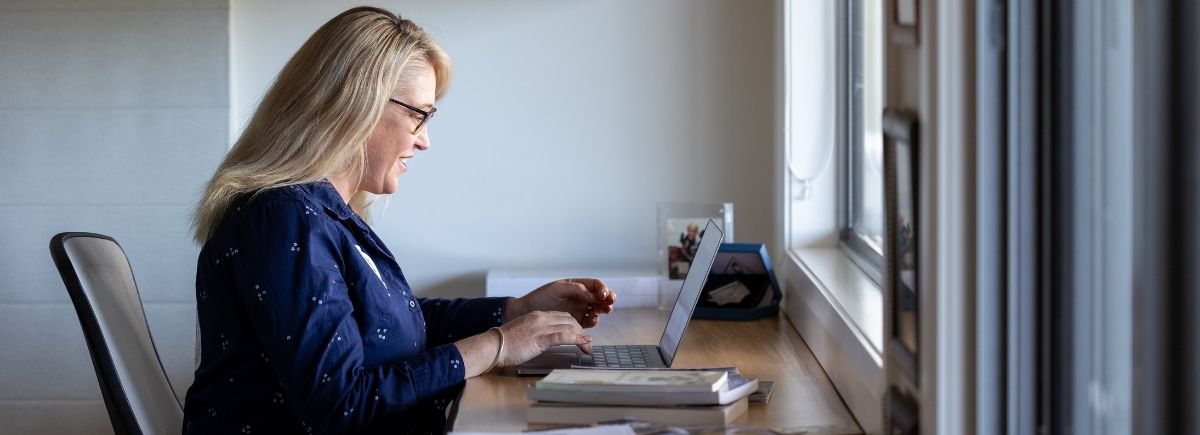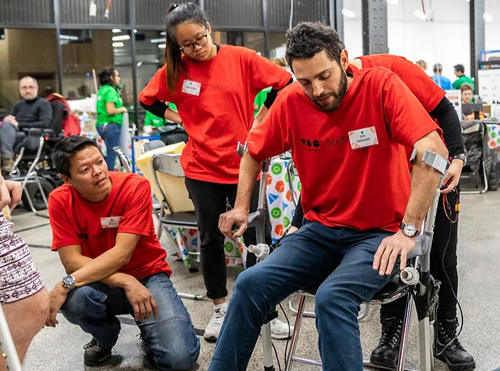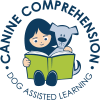
Our Blog
Introducing: TOM

The global movement of TOM (Tikkun Olam Makers) began in Israel in 2014, inspired by the philosophy of "Tikkun Olam," which means repairing the world. The founders aimed to create a community-driven approach to solving everyday challenges faced by people with disabilities. They envisioned a platform where individuals with specific needs, referred to as "Need-Knowers," could collaborate with a diverse group of professionals, called "Makers," to develop practical, low-cost solutions. Driven by a desire to harness the power of innovation and community, TOM set out to make a tangible difference in people's lives.
TOM: Melbourne was founded on this same philosophy, adapting the approach to fit the local context and regulatory environment. Since holding its first Makeathon event in 2016, TOM: Melbourne has worked with over 80 Need-Knowers and 600 Makers through various events and university programs.
TOM’s vision is a world where technology and innovation provide every person with access to affordable solutions for their needs. By connecting Need-Knowers with Makers, TOM fosters a collaborative environment where tailored, user-centric solutions are developed using co-design principles. This approach ensures that the solutions are not only innovative but also practical and effective for those who need them most.
TOM brings together Need-Knowers and Makers through Makeathon events and university programs. The collaboration process begins with Need-Knowers sharing their challenges and insights into their daily lives. Makers, including engineers, designers, health professionals, and tradespeople, work alongside Need-Knowers to brainstorm and prototype solutions in a collaborative setting. The continual involvement of the Need-Knower throughout the development process allows for ongoing feedback, ensuring that the solutions are effective and tailored to the users’ needs.
Some stories of the most life-changing solutions developed by TOM are those that enable people with disabilities to complete everyday tasks independently. For instance:
Stella's Story: As a wheelchair user, Stella found most kitchen sinks inaccessible due to their height and design. Seeking a portable solution to wash her dishes, her team created a collapsible tray that slots over the cupboard door in front of her sink. This tray provides a dishwashing space, contains the water, and drains it away, supporting her independence and inspiring her to think about other ways to improve her home's accessibility.
John's Story: John, an amputee and wheelchair user, faced challenges in reaching and grabbing objects from the ground. His team developed a custom pick-up stick—a claw worn on one arm that he can open by pulling a loop around his other arm. This innovative solution has significantly enhanced his ability to interact with his environment, providing him with the independence he needs. John shared that he uses it every day!
Open-Source Initiative
TOM's open-source approach is central to its mission of creating accessible and affordable solutions for people with disabilities. By sharing Digital Product Files created during their programs online, TOM allows anyone to replicate and improve upon existing design solutions. Documents from TOM: Melbourne's programs are shared on their website, and information about designs from TOM communities worldwide is available on the TOM Global website. This transparency and collaboration foster a global community of innovators working together to tackle similar challenges, leading to accelerated innovation, reduced costs, and customised solutions that meet diverse needs across different regions.
Prototype Development
Once prototypes are created in TOM's programs, they are often refined to improve their impact. One notable prototype recently refined is a stand for a communication book. Designed to be adjustable and easily positioned on a wheelchair arm or desk, this stand makes the user's communication book readily accessible. Recognising its potential benefit, especially in classroom settings, TOM is developing this design to make it available for order. This process exemplifies TOM's commitment to ensuring their solutions are safe, effective, and widely accessible.
Community Involvement
TOM: Melbourne engages with local communities through outreach visits and events, using these touchpoints to connect with potential Need-Knowers, Makers, and testers for their designs. By involving community members in the design and development process, TOM ensures that the solutions meet the needs of the users and are accessible to those who need them most.
For those interested in getting involved, updates about upcoming events and opportunities to contribute are shared via TOM's website, social media, and newsletter. https://www.tommelbourne.org/
